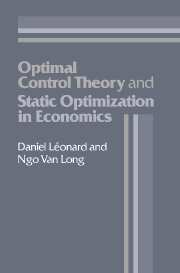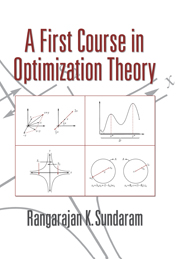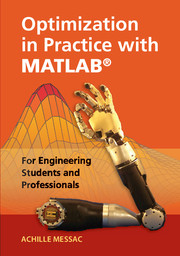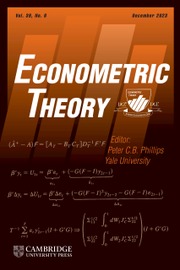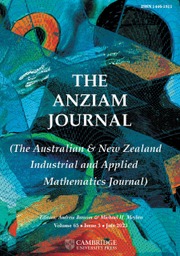Optimal Control Theory and Static Optimization in Economics
Optimal control theory is a technique being used increasingly by academic economists to study problems involving optimal decisions in a multi-period framework. This book is designed to make the difficult subject of optimal control theory easily accessible to economists while at the same time maintaining rigor. Economic intuition is emphasized, examples and problem sets covering a wide range of applications in economics are provided, theorems are clearly stated and their proofs are carefully explained. The development of the text is gradual and fully integrated, beginning with the simple formulations and progressing to advanced topics. Optimal control theory is introduced directly, without recourse to the calculus of variations, and the connection with the latter and with dynamic programming is explained in a separate chapter. Also, the book draws the parallel between optimal control theory and static optimization. No previous knowledge of differential equations is required.
- Makes the difficult subject of optimal theory easily accessible to economists and their students
- Assumes no more mathematical background than normally expected of advanced economics students, mathematical skills are built up gradually with careful explanations, clear statements of proof, worked examples
- Competing books are typically too technical
- Suitable for use by advanced students and as a teach yourself text by professional and academic economists
Product details
January 1992Paperback
9780521337465
368 pages
229 × 152 × 21 mm
0.495kg
Available
Table of Contents
- 1. Static optimization
- 2. Ordinary differential equations
- 3. Introduction to dynamic optimization
- 4. The Maximum principle
- 5. Connections with the calculus of variations and dynamic programming
- 6. The constrained control problem
- 7. Endpoint constraints and transversality conditions
- 8. Discontinuities in the optimal controls
- 9. Infinity horizon problems
- 10. Three special topics.

